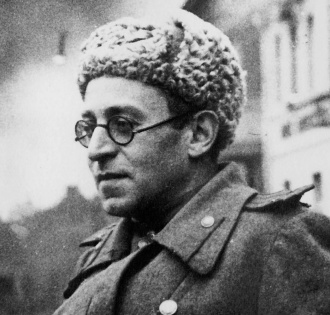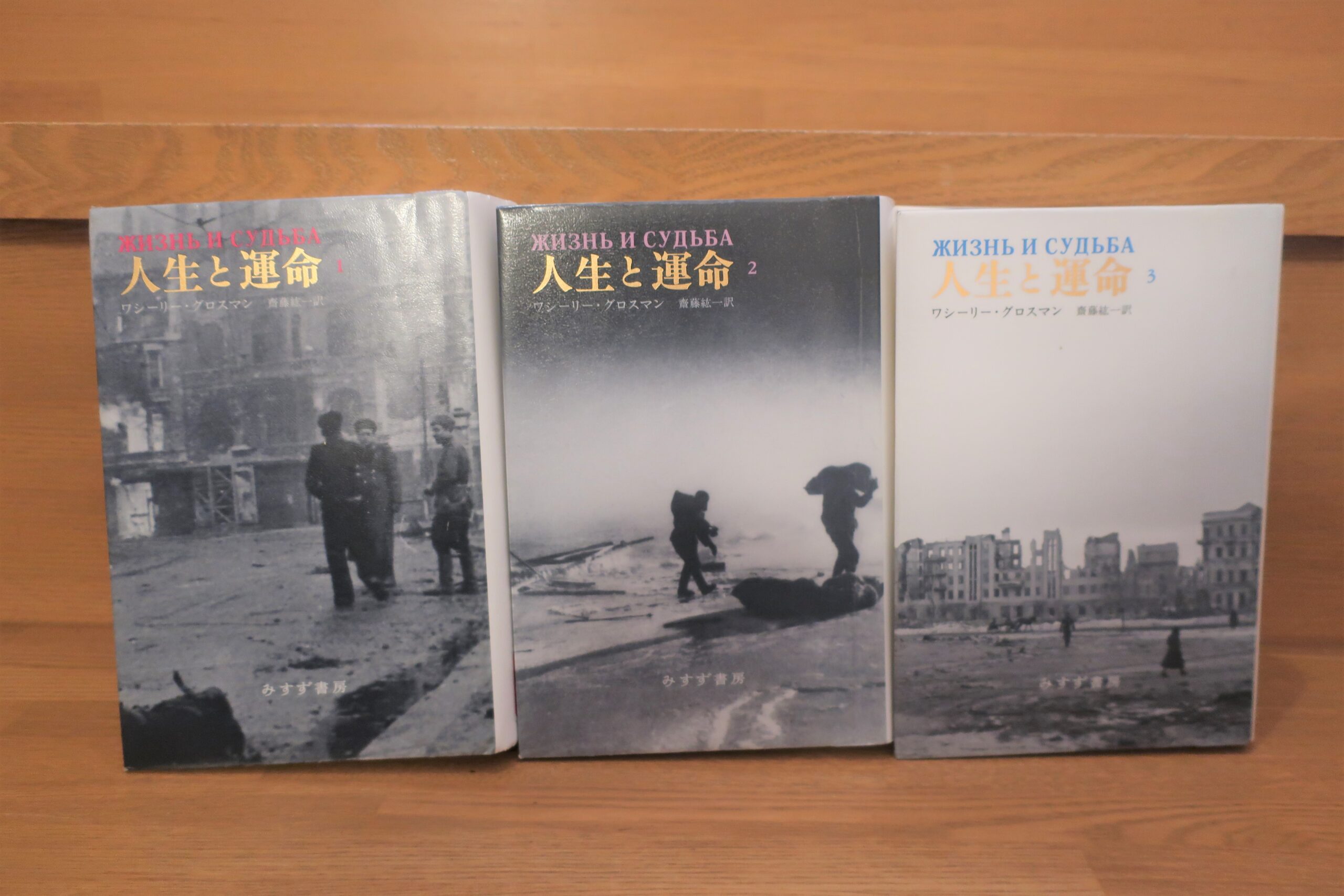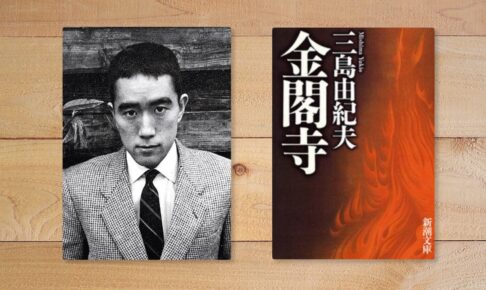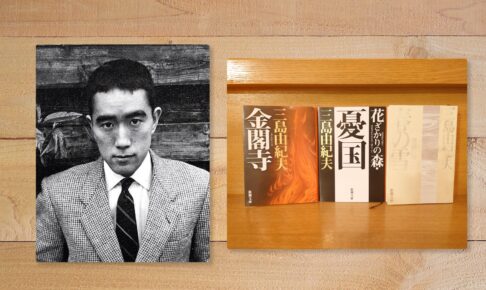A masterpiece of 20th century Russian literature! A Jewish military reporter describes the fate of those who lived through the war between Germany and the Soviet Union! Vasily Grossman, Life and Destiny
This time we would like to introduce "Life and Destiny" written by Vasily Grossman and translated by Koichi Saito, published by Misuzu Shobo in 2012.
Let's take a quick look at this novel.
An epic historical novel (in three parts) about a family of physicists in the greatest battle of World War II, the siege of Stalingrad.
Fictional characters such as soldiers, scientists, peasants, prisoners of war, priests, and revolutionaries, mixed with real-life characters such as Hitler, Stalin, Eichmann, and German and Red Army officers, recreate a single era in the literary world with overwhelming power.
War, Gulag, and SnitchingUnder the Stalinist regime, what is human freedom, kindness, and goodness when fear dominates social life? This book, considered "most dangerous" during the Soviet era, is a deadly message to future generations, depicting the mechanisms of power and the various fates of those who resist it.
Grossman (1905-64) made a name for himself as a military reporter during the war between Germany and the Soviet Union, covering the Treblinka extermination camp and being the first in the world to report the reality of the Holocaust. On the other hand, he lost his mother in a massacre of Jews during the German occupation of his hometown in Ukraine. He gradually realized the essential similarities between the Nazi and Soviet totalitarian regimes, and wrote this book. When he attempted to publish it, the KGB confiscated his manuscript, even his typewriter ribbon. Sixteen years after the author's death, a copy of the manuscript, which had been kept secret by a friend, left the country and was published.
Since then, it has been published in many countries in the West as a testimony of the 20th century and a masterpiece of Russian literature. The long-awaited Japanese translation is finally available.
AmazonProducts Page.

Vasily Grossman (1905-1964)Wikipedia.
This novel is a large work in three parts. It is over 1,350 pages for a book of this size.
This book is known as one of the greatest masterpieces in the history of Russian literature, but it is also a work that one must be prepared to read.
Previous article on GrossmanThe Red Army Reporter Grothman, Notes on the Battle of Germany and the Soviet Union 1941-45: The Reality of the Battle of Germany and the Soviet Union as Seen by a Jewish Military Reporter in the Soviet Union.As I mentioned in my previous article, as a military reporter, I covered the front lines of the war between Germany and the Soviet Union and experienced firsthand the horrors of the war. And, amazingly, Vasily Grossman was one of the first to report the reality of the Nazi Holocaust. (*The above quote refers to him as the first person, but he was one of the first to do so.)
And as the quote above shows, "Life and Destiny" is such a deadly indictment of Grossman.
In the Soviet Union, criticism of the regime is the most taboo of taboos. One must be prepared to be sent to a concentration camp or even executed. Grossman wrote this work, but it was raided by the KGB and confiscated. The authorities then declared it a dangerous book and decreed that it could not be published for the next two to three hundred years.
The sentence of "no publication for the next two to three hundred years" was tremendous. This shows how dangerous the novel was to the Soviet authorities. Conversely, it may be said that the novel reflected a truth that was inconvenient for the Soviet Union.
Miraculously, a copy of the manuscript was transferred abroad after his death, and the book was published. If not for this miraculous overseas publication, this brilliant novel in the history of the world might have been quietly buried without anyone knowing about it.
Now let's also look at the commentary on the back cover of Volumes II and III.
Gas chambers await those who are hunted out of Ukrainian towns and arrive by transport train to Jewish extermination camps.
A wife hands her husband a wedding ring and a loaf of bread as he leaves the line after being selected as one of a group of survivors. A female surgeon who leaves the possibility of survival behind and heads for the gas chamber with a boy she met on the transfer train as the boy's mother takes her place.
Grossman, who covered the Treblinka camp immediately after its liberation as a Red Army reporter, was the person most knowledgeable about the reality of the Nazi-occupied Soviet Holocaust.
In the name of national and national glory, revolution on the one hand and the Third Reich on the other, Grossman saw that Stalinism and Nazism were mirror images. When the power of ideology was combined with death, torture, and camps, people lost their moral compass. The head of the Nazi extermination camp gas chamber facility said that it was not what I wanted; fate took my hand and guided me.
The idea of universal goodness became an ideology and brought great hardship. In times of fear and madness, good intentions were powerless. But modest, personal, witness-less good intentions are powerful because they are uncovered. It is blind, silent love, the meaning of being human.
Testimonies of the 20th century reach across time and space. The second part of this masterpiece is the crystallization of Grossman's lifelong philosophical thinking in literature.
Misuzu Shobo, Life and Destiny, by Vasily Grossman, translated by Koichi Saito, vol. 2, back cover
In November 1942, the Red Army's massive offensive to encircle the German Sixth Army in Stalingrad was settled in a hundred hours. The battle that would decide the outcome of the war was over. The hope of anti-fascism, the city that had captured the eyes of the world, lay in ruins.
From that moment on, Stalin took the sword of Jewish extermination from Hitler, and eventually brought it down on the Jews of the country. The one-world socialist dictator had redefined the rules for the people who had fought for the dream of a free life after the war.
Physicist Victor was criticized for being idealistic in his paper explaining nuclear reactions mathematically. He did not repent. He was frightened of losing his job and being arrested, but his mind was clear because he had kept his conscience.
Suddenly, however, Viktor receives a phone call from Stalin. The situation changes, and he is surrounded by admiration, but he can no longer refuse to cooperate in the development of the atomic bomb.
Some lose the freedom they have defended in the face of hardship after honor, while others endure hardship because of happy memories. Glory and loneliness, despair and poverty, lagerness and execution. Whatever fate awaits us, we live and die as human beings. This novel shows how difficult it was for individuals to withstand the pressures of totalitarianism.
The book that miraculously survived now awaits Japanese readers. Complete in three parts.
Misuzu Shobo, Life and Destiny, by Vasily Grossman, translated by Koichi Saito, vol. 3, back cover
Life and Destiny is, in any case, a magnificent work. The commentary above very nicely expresses the essence of this huge book.
The basic line of the story is the fate and life of the Soviet people as they faced the Battle of Stalingrad in 1942.
As quoted in the commentary of the first volume, "Fictional characters such as soldiers, scientists, peasants, prisoners of war, priests, and revolutionaries, mixed with real-life characters such as Hitler, Stalin, Eichmann, and German and Red Army officers, recreate a single era in the literary world with overwhelming power. As stated above, there are many characters in this work.
And the scenes change one after another. One minute we are in Moscow, the next we are on the front lines in Stalingrad, and the next we are in a Nazi prison camp. If you don't read the book very carefully, you will be confused about who is who and what is being said. I myself had to reopen the introduction to the characters at the beginning of the book and go back and forth between the text and the introduction page as I read, and I managed to finish the book.
The storyline folds in on itself in multiple layers, bringing to our attention more vividly the situation that people were in at the time. It is a tough read, but because of this, I felt that the fate of each and every character was more heavily felt.
The translator's afterword at the end of Volume III says the following about this.
That this work, set against the backdrop of the Battle of Stalingrad, is one of the most important novels of the 20th century is undeniable, not only because of its excellence as a work of fiction, but also because of its sheer scale and the gravity of the issues it addresses.
One of the main characteristics of this work is that many real people, including politicians and military officers, appear with their real names, and the story is based on historical facts of political and military decision-making and the progression of events.
As a military journalist, Grossman willingly participated in the scene of one of the most intense battles in human history, and the events he witnessed and heard about there are central to the plot of this novel.
In addition, as a Jew himself, Grossman's own Jewish background and the hardships he has experienced are depicted in the form of the anguish of the novel's characters, and the strong impact of this is directly reflected in the power of the work.
This is also the reason why this work vividly depicts the transition of the great situation of war, the inhumanity of the situation, and the many people who live under it. Readers will be overwhelmed by the harshness of the fighting, the relentlessness of the persecution of the Jews, and the intensity and ruthlessness of the ideological conflicts, and will be made acutely aware of the tremendous magnitude of the vortex that has engulfed the era.
On the other hand, the number of thinkers, politicians, and literary works mentioned is also remarkable. The high level of political awareness and cultural literacy of the intellectuals of the time is astonishing.
By writing "Life and Destiny," Grossman was able to show that Germany'snational socialismand Soviet Stalinism fall into the same category of totalitarianism. He goes on to say that the unchanging quest for human freedom guarantees the permanent triumph of man over the dictatorship of the state. This is the main message Grossman wants to convey to his readers.
Misuzu Shobo, Life and Destiny, by Vasily Grossman, translated by Koichi Saito, vol. 3, p. 417-418
Some line breaks have been made.
Even though Grossman was a military journalist and on the front lines of the Soviet propaganda department, he came to question the Stalinist regime after the war between Germany and the Soviet Union. The reality of the war and his life after the war convinced him that the Stalinist regime and Nazism are mirror images, that is, they have the same roots. In this work, he sharply examines the state's deprivation of human freedom.
Each and every one of the characters in the work lives under these regimes. If you do not conform to the system, you put yourself in danger. Conversely, if you actively conform to it, you may have a good time. But if that happens, what happens to the individual conscience? These conflicts appear everywhere.
In the extreme circumstances of the war between Germany and the Soviet Union, Grossman depicts many realistic characters that make us sigh and make us worry. What would I do if I were in this situation? Would I be able to defend my beliefs even at the cost of everything? Would I be able to say "NO! Would you be able to keep your faith without betraying anyone? Grossman comes at us with great force.
And what impressed me most about this novel.
It is in the way that the film clearly brings to life each and every person who lived through the German-Soviet War, which claimed the lives of an unbelievable 27 million people, both combatants and non-combatants.
I was reading a book on the history of the German-Soviet war,
One hundred thousand people were killed in this battle, and tens of thousands more starved to death in the subsequent 00."
In 00, the Nazi occupation resulted in the massacre of thousands of people."
I feel that the tragic deaths of each and every one of these people are diminished by the huge numbers. A million people died in this battle. Tens of thousands were slaughtered here without resistance." These words do not bring to light the unimaginable grief, anguish, and fear of death of each individual.
But in this novel, Grossman sheds light on the life and destiny of each individual.
Especially the description of the gas chambers in the second half of the second volume is so intense. The episode of the woman and the boy who were transported to the extermination camps and killed in the gas chambers was really painful to read... The shock was so different from simply being told that "1.1 million Jews were killed at Auschwitz.
Reading this novel, I was reminded of the unimaginable suffering and horror that each and every one of those who died in that war endured. I realized that the "fact that a million people were killed" means that "there were a million unimaginable sufferings and deaths. I felt as if Grossman was telling me that there are things that cannot be simply ended with "a million people were killed.
This book is certainly a large work that is not easy to pick up. However, I think it would be a good idea to let the world know that there is such an amazing work of art. In Japan, Vasily Grossman is not well known, and I think that is unfortunate. Wassily Grossman is one of the greatest writers who conveyed the horrors of war and totalitarian oppression.
I highly recommend this work.
This is a synopsis of Vasily Grossman's "Life and Destiny" - A masterpiece of Russian literature about the fate of those who lived through the war between Germany and the Soviet Union! The above is a synopsis of Vasily Grossman's "Life and Fate.
Next Article.
Click here to read the previous article.
Click here for a list of recommended reference books on the German-Soviet war.
Related Articles







































